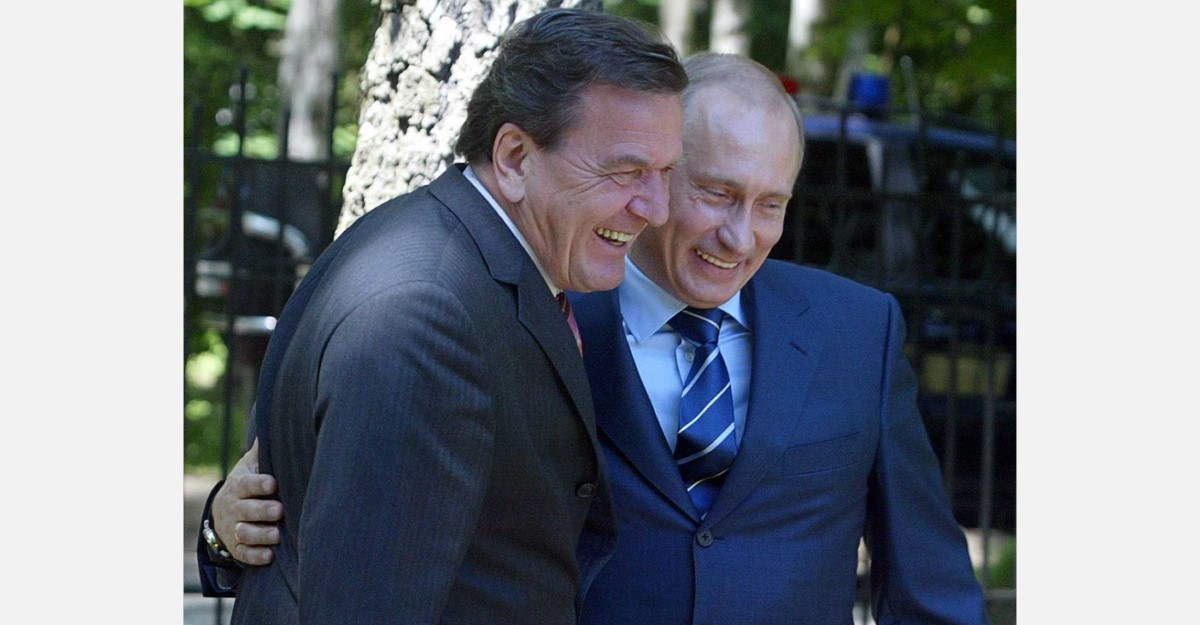“The majority of the leaders of Georgian fascists and neo-Nazis are in one way or another connected with Russian organizations and money,” another example of the Kremlin’s proclivity for using extremists of all kinds in other countries to destabilize them, according to a new report by the Georgian branch of Transparency International.
Because these groups threaten to employ violence to achieve their ends, the Georgian authorities have blocked their Facebook pages and begun legal proceedings against some of them, Ekho Kavkaza journalist Mziya Paresvishvili reports. But the “Georgia” fascists remain unintimidated.
These neo-Nazi groups exploit the fact that Georgia is a democratic and law-based state in which the authorities are committed to defending freedom of speech unless and until it passes over into direct attacks or calls for attacks on specific groups or individuals. But there is one limitation in Georgian law that makes limiting the Russian-backed neo-Nazis difficult.
Georgian law, Georgy Gotsiridze of the Association of Young Lawyers says, makes a distinction between materials placed in public places and those put up on privately owned buildings. Putting up Nazi slogans and symbols is banned on property that belongs to the state, but it doesn’t ban these things when they are displayed on privately owned buildings.
Georgia also has a special commission devoted to the struggle with propaganda of totalitarian communism and fascism, and human rights experts say they have no problems with its rules, only on occasion with the way they are applied. And they say it is critical to keep track of who is financing and controlling these groups.
The Georgian branch of Transparency International has just published a study on “The Anatomy of Georgian Neo-Nazism” which traces the direct connections between these Georgian groups and Moscow and notes the way in which Georgian politicians who are sympathetic to Russia effectively give these groups a kind of cover and even legitimacy.
Among those the report names is Dmitry Lortkipananidze, a former member of Nino Budzhanadze’s Democratic Movement-United Georgia party. Since 2013, he has headed the Primakov Foundation and is close to the Gorchakov Foundation “which is viewed as one of the Kremlin’s ‘soft power’ instruments.”
Mamuka Andguladze, the author of the Transparency International report, says that Lortkipanadze often conceals his links to Moscow, thus raising questions that otherwise would not have to be asked especially given that groups he works with in Georgia often call for violence – even if these groups at present are marginal.
But sociologist Emzar Dzhgerenaya makes the following point about such Russian-backed groups: “Georgian Nazism is a Soviet phenomenon” and “the ‘Georgian March’ in fact is the ‘Russian March.’” Consequently, “in fact … Georgian Nazism is Russian Nazism” and a potential danger because of that link.
Read More:
- Georgia’s lessons of peacebuilding now instructive for Ukrainians
- Russian provocations test Georgia
- Georgia slams “elections” in occupied Abkhazia as legitimizing Russian aggression
- Russia’s creeping annexation of Georgian territory
- More than 100 neo-Nazi sites have moved to Russian social networks
- Putin’s Russian world increasingly informed by a Nazi aesthetic, Moscow specialist says
- Russian politicians building an international extreme right alliance





